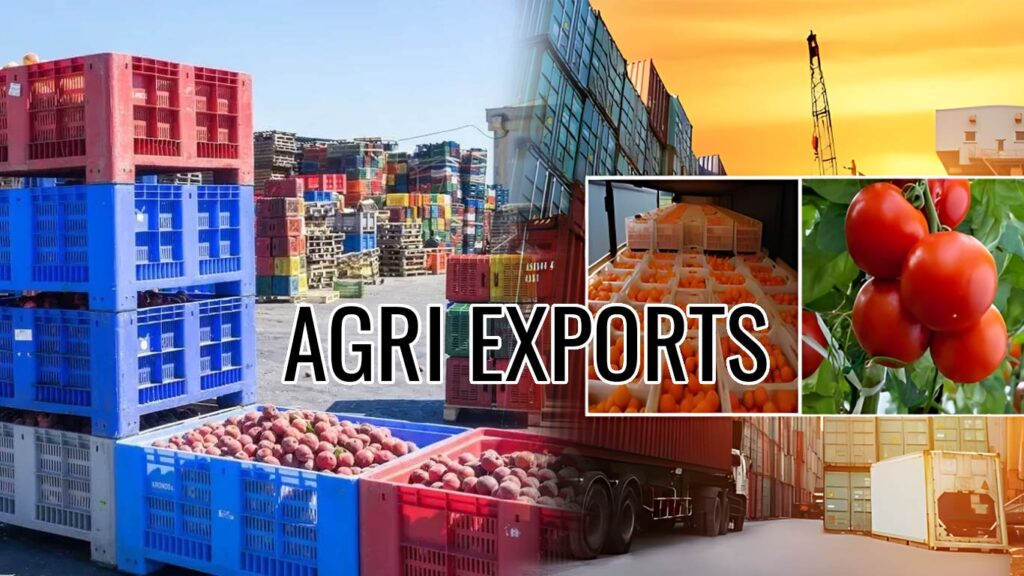New Delhi, Feb 24 (KNN) President Donald Trump has solidified his stronghold among the American farming community, particularly in the Midwest, with over 100 agriculture-focused counties backing him with at least 80 per cent of the vote in the recent election, according to an Investigate Midwest report.
Since 2016, Trump’s policies have consistently favoured the farming sector, a key voter base that remains central to his political influence.
Meanwhile, trade tensions between India and the US over agricultural tariffs continue to simmer. Despite India’s recent efforts to lower basic customs duties in its Union Budget, the White House has criticised India’s high tariffs on agricultural goods.
While the US maintains an average Most Favoured Nation (MFN) tariff of just 5 per cent on agricultural imports, India’s stands significantly higher at 39 per cent.
Indian officials, however, remain optimistic. “Both sides are exploring ways to boost agricultural trade,” a government source stated, highlighting that India currently exports around USD 4 million worth of agricultural goods annually to the US, including basmati rice, spices, cereals, dairy, and poultry products.
Yet, India’s protective stance on its agricultural sector poses risks. The Global Trade Research Initiative (GTRI) warns that US reciprocal tariffs, expected in April, could hit Indian exports hard.
Processed seafood, particularly shrimp—India’s major export—faces a 27.83 per cent tariff differential, threatening its competitiveness. Similarly, processed food, sugar, and cocoa exports worth USD 1.03 billion could struggle with a 24.99 per cent tariff increase.
Edible oils, wines, and spirits also face steep tariff hikes, while tobacco exports remain unaffected due to existing high US duties.
Trump’s previous trade deals, such as the US-Mexico-Canada Agreement (USMCA) and the US-China trade deal, underscored his focus on expanding market access for US agricultural products.
The USMCA dismantled restrictive Canadian dairy pricing, while the China deal committed Beijing to massive increases in US agricultural imports.
As India navigates trade talks amid tariff disputes, its heavily protected agricultural sector faces the challenge of maintaining competitiveness in the evolving global market.
(KNN Bureau)









